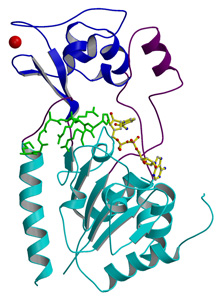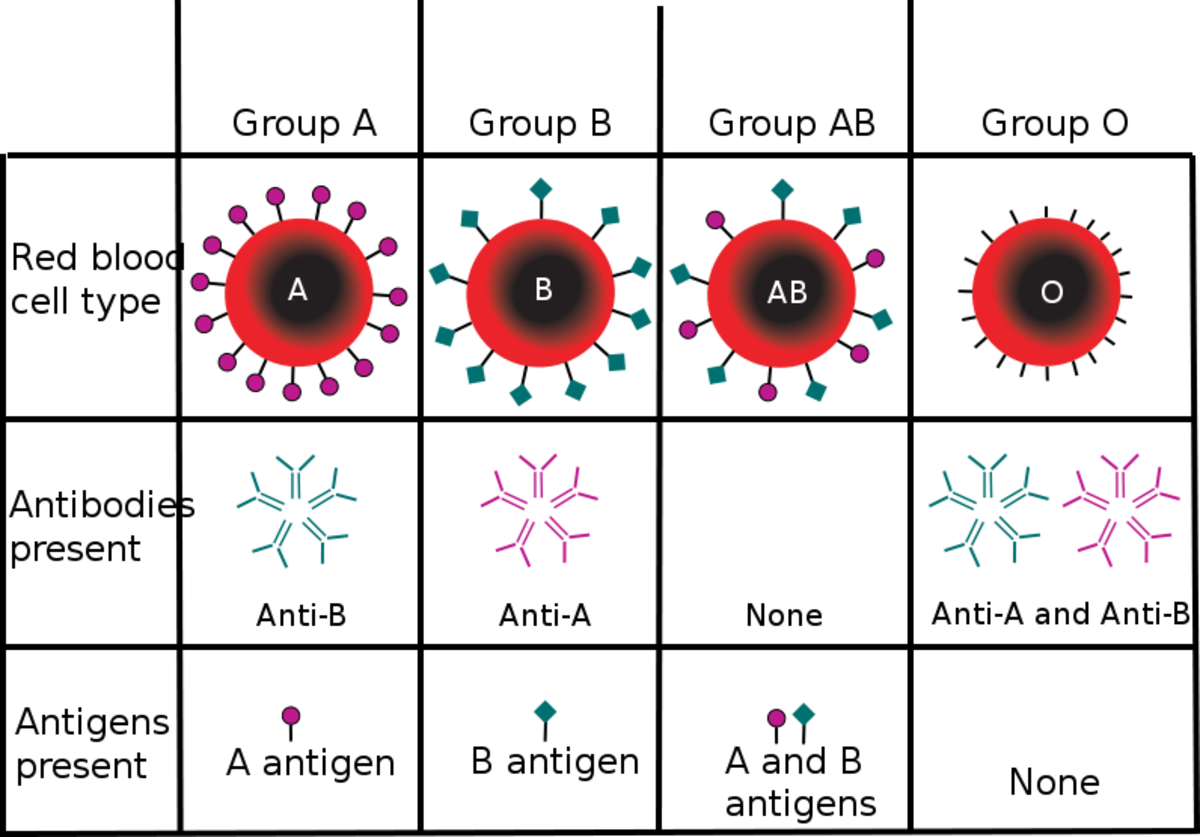Sir2 Gene

Removal of gene in experimental organisms extends lifespan six-fold
You might have read my article about caloric restriction (CR), and how its wondrous effect on the lifespan on mice is probably not going to do the same for us humans (as if you were going to forsake cookies, cake and everything else except rabbit food anyway, just to eek out a few more years here on Earth). Well, take heart: recent research has begun to unravel what's going on at a molecular level when an organism is starving that makes it live longer.
Research at the University of Southern California, supervised by biomedical gerontologist Valter Longo, focused on two genes in yeasts that typically enjoy longevities of about one week: SCH9 and Sir2. SCH9 controls the cell's processing of food into energy, while Sir2 had already demonstrated some sort of relationship with cell longevity (when it was shortened, yeast cells divided fewer times before dying out; lengthening it created the opposite effect-more cell replications before eventual death). In Longo's research, these two genes were deleted completely from the experimental yeast's chromosome.
The result? The yeast cells (the ones that normally lasted a week) lived to six weeks. The removed genes led the cells to think they were starving, so they switched into ‘starvation mode'. While in starvation mode, a cell slows growth and development, and becomes more resilient to the type of genetic mistakes that can lead to cancer in later life.
Although human cells share the Sir2 and SCH9 genes with the lowly yeast, naturally, we can't assume what works for a single-celled fungus will work on us. Longo said that he conducted a similar test on human liver cells that confirmed the results, but he's remaining mum on the exact details until his results are published in a peer-review journal.
These findings, of course, don't have any immediate application towards our own efforts to live longer, healthier lives, but future research will focus on genetically replicating the ‘starvation mode' cellular response in us without having to starve. I have a suspicion that resveratrol, a polyphenolic substance in red grapes that is purported to mimic the effects of caloric restriction on longevity, might have some interaction with one or both of these genes (or their effect on the ‘starvation mode'), but confirmation will have to wait until further research is conducted.







